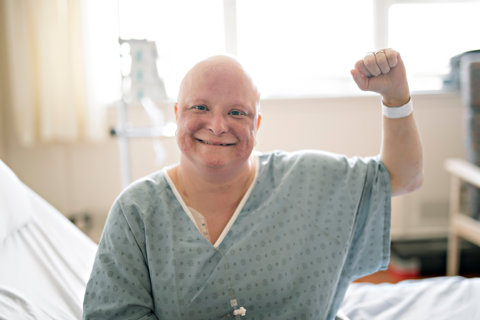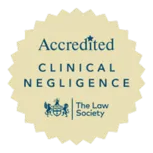The 4th of February is World Cancer Day, where a global effort is made to raise awareness of cancer and encourage prevention, early detection and treatment.
World Cancer Day highlights some devastating facts.
For instance, 10 million people across the world die from cancer each year - which is more than those who die from HIV/AIDS, malaria and tuberculosis put together. Significantly, figures show that more than one third of cancer cases can be prevented whilst in a of other cases, cancer could have been cured with early detection and appropriate treatment in a timely manner.
Figures from Cancer Research UK show that the percentage of preventable cancer cases is high at 38%. Hence why medical negligence claims arising out of late diagnosis of cancer cases are common.
It is important to diagnose cancer early before it spreads. When this doesn’t happen it can be a case of medical negligence. Whether the negligence arises due to failure to recognise symptoms or appointments are cancelled for example, sometimes cancer is not detected early enough.
These situations can be difficult but remember if you or a family member have been a victim of medical negligence, you can claim compensation. This doesn’t have to be a tough or complex process with the right information, support and knowledge behind you.
For free legal advice get in touch with our Medical Negligence Solicitors.













